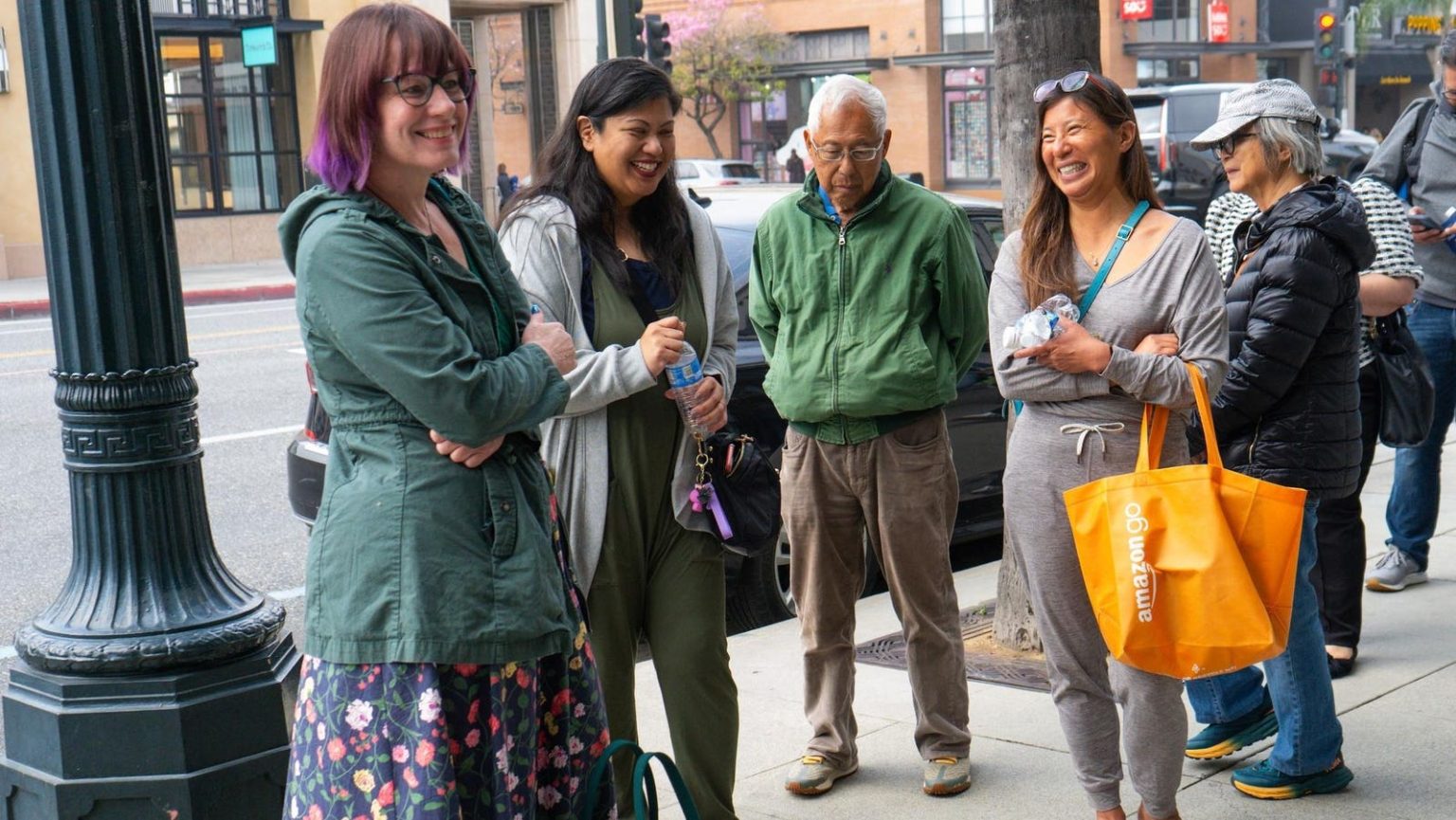For their Earth Day campaign, Rothy’s offered 100 free pairs of shoes in exchange for used water bottles at locations in California, New York, and Boston. The company’s aim was to highlight the need to value single-use plastics more and make a statement about the environmental impact of plastic waste. James Rogers, the VP of Sustainability at Rothy’s, emphasized the importance of increasing the cost of plastic to reflect its true value.
This event marked a first for Rothy’s, but the brand has a history of advocating for sustainability. Last year, they pushed for changes to the Bottle Bill in New York, which influenced neighboring Connecticut to increase the refund for plastic bottles. Now, Rothy’s is focusing on ending the production of single-use plastics altogether by supporting legislation such as the Break Free From Plastic Pollution Act, which aims to phase out certain plastics and ban non-recyclable ones.
Rothys has built a brand around repurposing plastic into footwear, but they are also looking at ways to reduce waste within their manufacturing process. They have a zero-waste facility in China, which is LEED Gold certified and diverts over 90% of landfill waste. The company is exploring other options for reducing waste, such as a take-back program for used shoes and potentially resale options. Rogers emphasizes the value of creating durable, long-lasting products to reduce the need for virgin plastics and combat the issue of waste in landfills.
Beyond Plastics, a Vermont-based advocacy group, reported dismal statistics for plastic recycling, with only about 5 to 6% of plastics being recycled in 2021. While paper recycling has been more successful, plastics continue to be a challenge. Rothy’s is aiming to increase recycling rates and reduce the amount of virgin plastic in circulation. They see policy advocacy as a key way to achieve these goals, with a focus on creating a triple win for society, companies, and the economy.
As part of their ongoing commitment to sustainability, Rothy’s is constantly looking for ways to reduce their environmental footprint and promote circularity in their products. They encourage consumers to educate themselves on environmental legislation and support measures that aim to reduce plastic waste. By taking a stand against single-use plastics and advocating for better recycling practices, Rothy’s hopes to inspire others to rethink their use of plastic materials and strive towards a more sustainable future.
In conclusion, Rothy’s Earth Day campaign highlighted the importance of valuing single-use plastics, advocating for policy changes to reduce plastic waste, and encouraging consumers to think differently about their choices. The company’s focus on sustainability extends from their production processes to their take-back program and potential resale options. By taking a holistic approach to reducing waste and promoting circularity, Rothy’s continues to lead the way in sustainable fashion and environmental advocacy.


